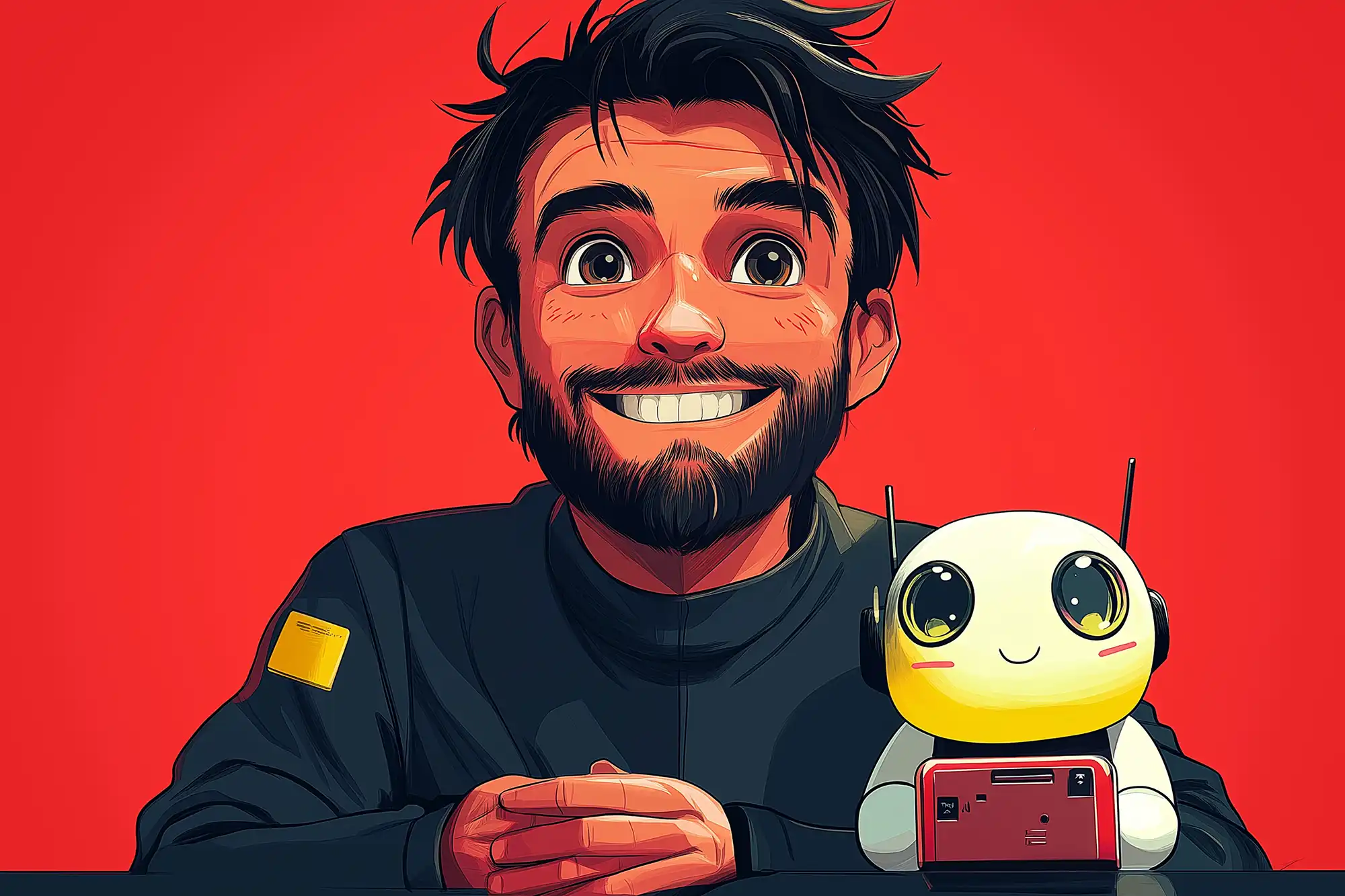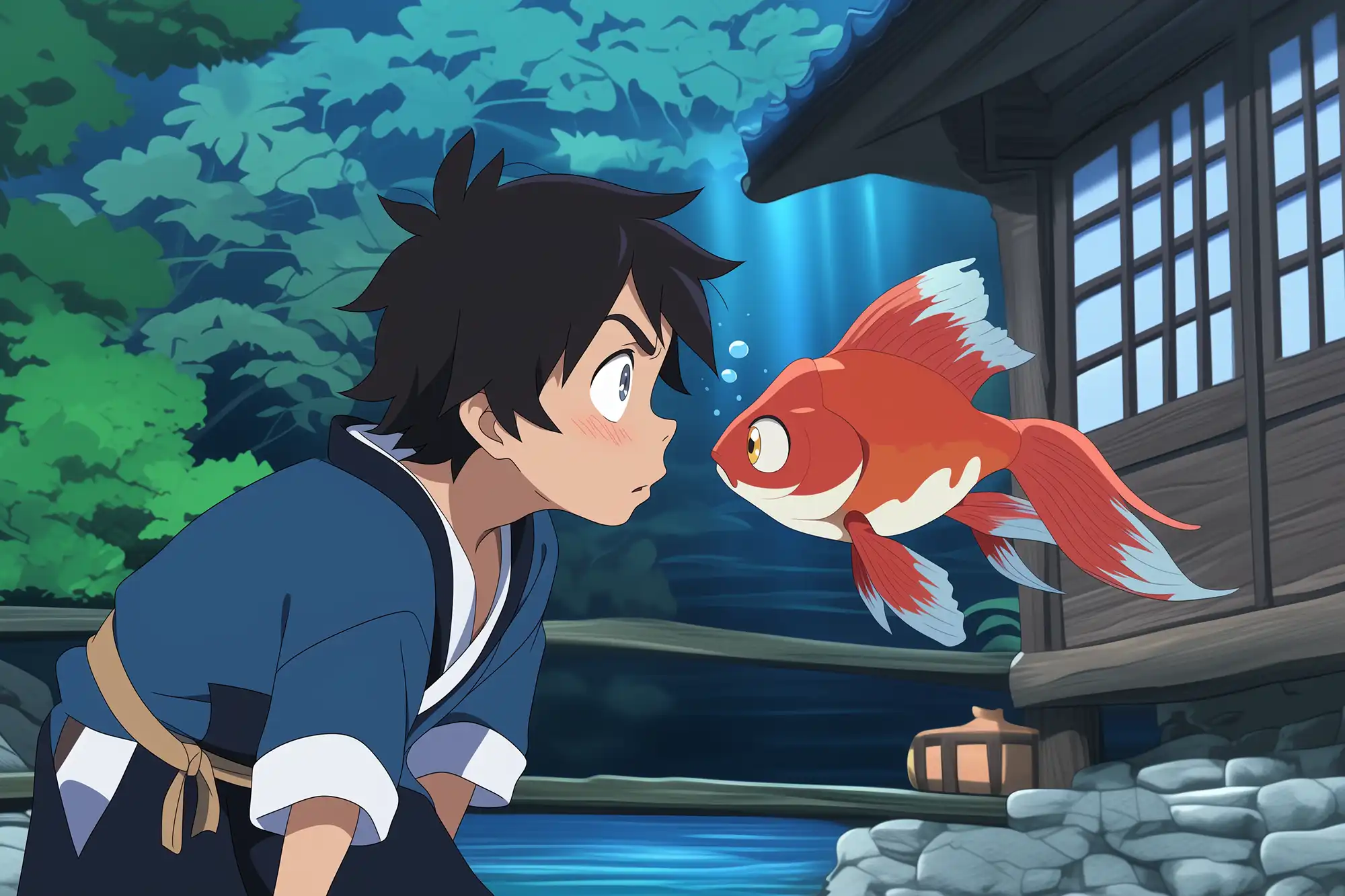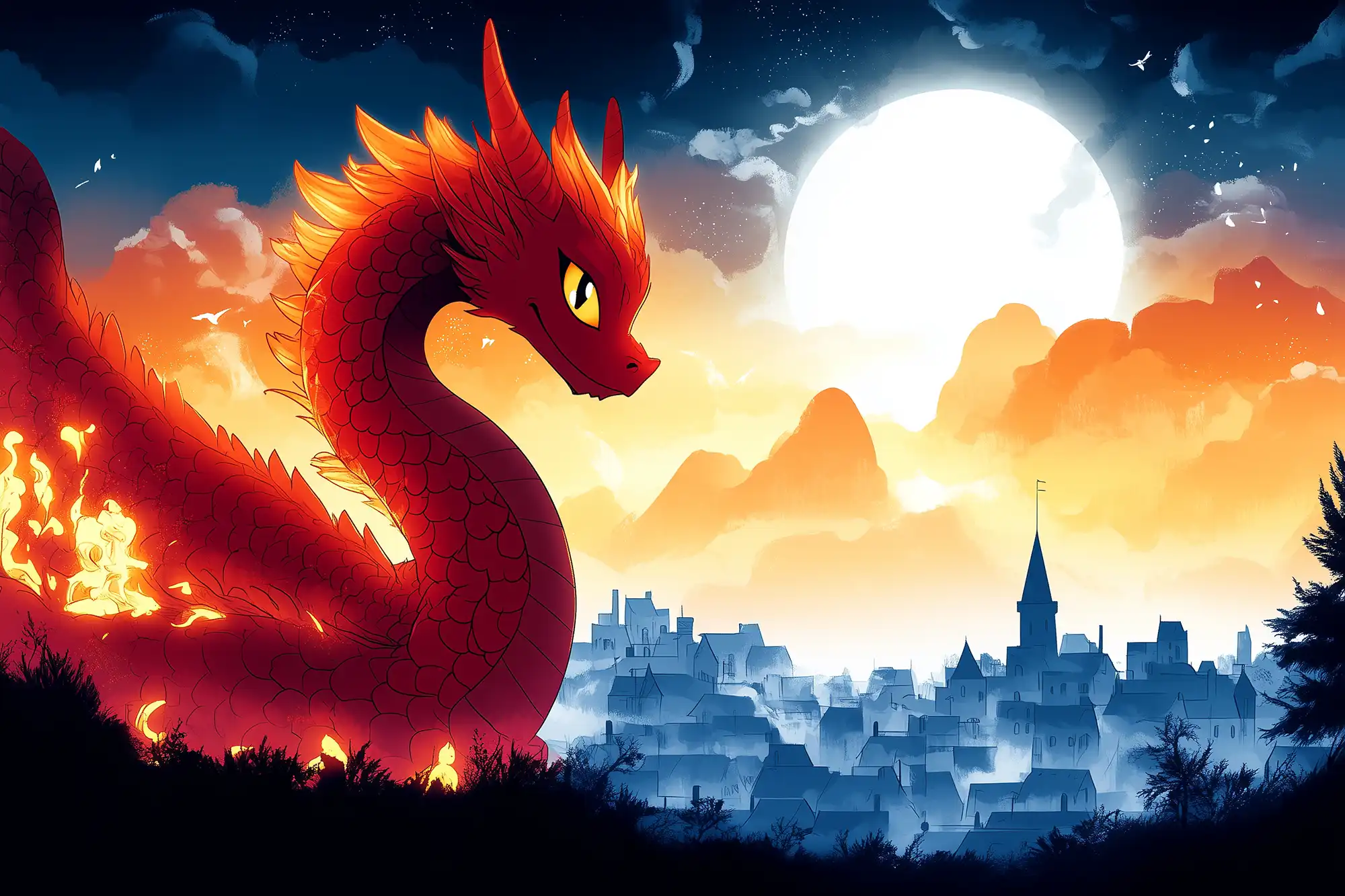The film industry is no stranger to change, but the arrival of generative AI signals a transformation unlike anything we’ve seen before. In a recent interview, Ben Affleck shared his thoughts on AI’s role in entertainment, offering a glimpse into how this technology might reshape the industry.
With an impressive portfolio of roles and a keen eye for directing, Affleck offers a unique perspective on AI’s emerging role in the movie-making process. He acknowledges the fears that come with new technology but ultimately views AI as a tool that can lower costs and broaden access to filmmaking. The promise is a setting where anyone with a dream to make the next “Good Will Hunting” can find AI easing the logistical path for them. It’s about clearing the way for more innovative voices, not silencing them.
As demonstrated by David Faber and his colleague Andrew Sorkin, AI has made impressive strides in mimicking voices and personas. “We created ourselves and our voices,” Faber noted, showcasing the current capabilities of generative AI. However, while the demonstration was striking, Affleck remains skeptical about AI’s ability to fully create movies. “A, that’s not possible now. B, will it be possible in the future? Highly unlikely,” he stated.
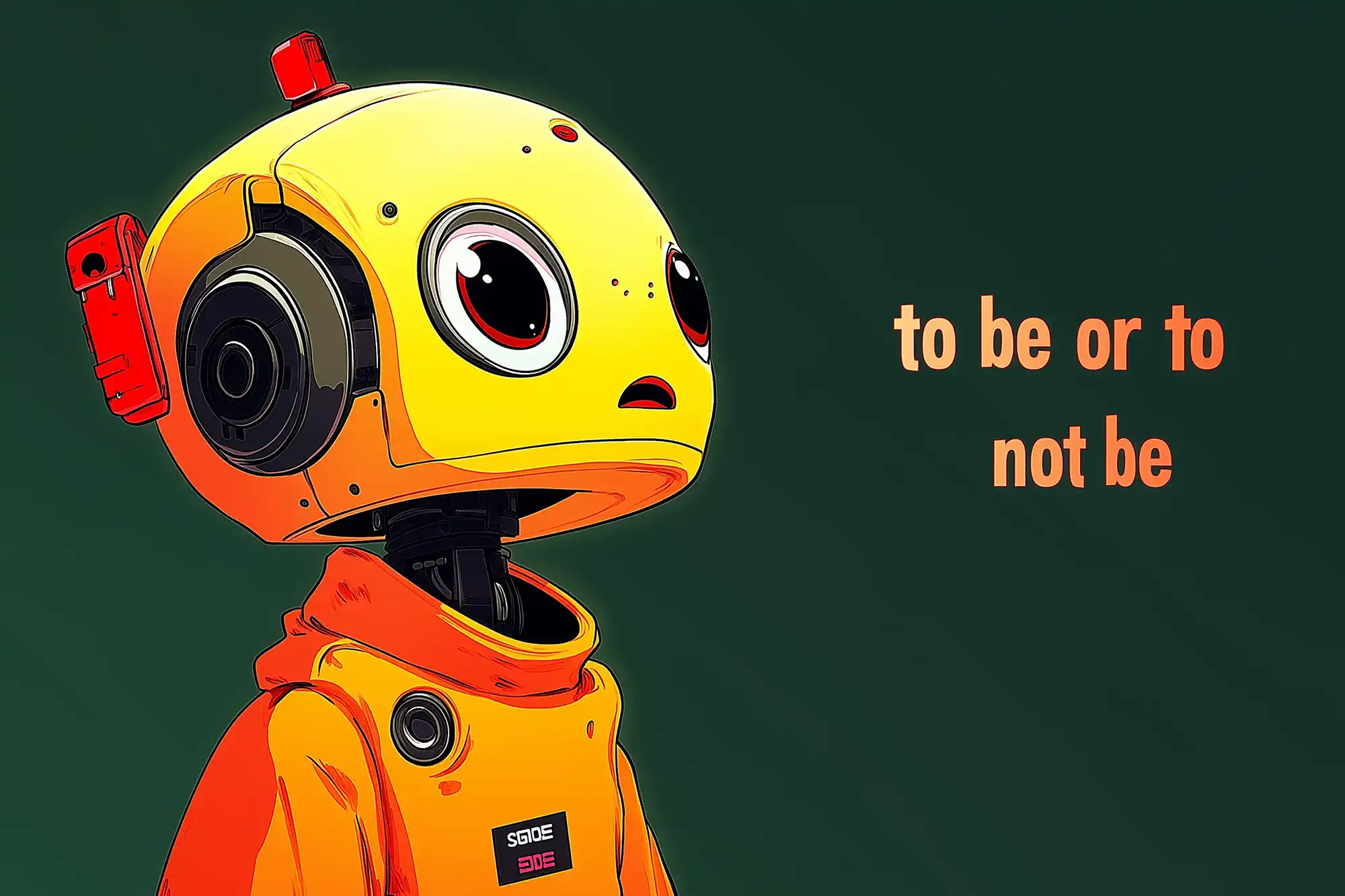
Affleck argues that the core of filmmaking—human interaction and creativity—remains beyond AI’s reach.
“AI can write you excellent imitative verse… It cannot write you Shakespeare,” he explained, emphasizing the artistry involved in crafting compelling narratives and performances. This sentiment suggests that while AI might excel at reproducing existing styles or genres, the nuanced art of storytelling requires a distinctly human touch.
On a bigger scale, Affleck sees AI’s potential not as a direct threat, but as a tool for empowerment. “What AI is going to do is going to disintermediate the more laborious, less creative and more costly aspects of filmmaking,” he predicted. Affleck envisions a future where filmmakers face reduced costs, allowing for more diverse and frequent content creation.
This technological shift prompts mixed emotions across the entertainment industry. While some creators fear AI’s growing role, Affleck maintains a balanced perspective. Initially alarmed, he ultimately found reassurance after deeper exploration: “When I first saw it, I was like, F*ck! We’re finished! Then I spent a lot of time looking at it, and I was like, No, no, no. we’ll be all right.”
“When I first saw it, I was like, F*ck! We’re finished! Then I spent a lot of time looking at it, and I was like, No, no, no. we’ll be all right.”
Ben Affleck
Audiences, too, might wonder how these changes will affect their viewing experiences. The prospect of personalized episodes or interactive storytelling, sparked by AI advancements, could lead to a more immersive entertainment landscape. “Eventually AI will allow you to ask for your own episode of Succession,” Affleck imagined, illustrating the potential for audience-driven content.
AI Empowering Creators
We need to shift the narrative from fear of AI replacing human creativity to AI enhancing it. By handling more repetitive and less creative tasks, AI allows filmmakers to focus on storytelling and artistic expression.
Ben Affleck paints a vivid picture: AI as a skilled craftsman, a learner of techniques rather than a creator of new art. In his eyes, AI functions like an apprentice, sitting beside a master, imitating their actions in an attempt to replicate the craft. “Craftsman is knowing how to work. Art is knowing when to stop,” he explains.
This differentiation accentuates a gap where AI struggles—the nuanced understanding of taste and intuition that artists bring to their work.
“Craftsman is knowing how to work. Art is knowing when to stop.“
Ben Affleck
Yet, Affleck also acknowledges the potential of AI to reshape the film industry by reducing costs and broadening access. AI, he suggests, could lower barriers, making it easier for budding filmmakers to bring their visions to life. The technology could allow for more voices and stories to be heard.
Despite its utility, AI’s creative horizon remains limited. Affleck is optimistic about its long-term path, suggesting that while AI might eventually churn out personalized episodes of popular shows, these creations will lack the depth and instinct of human-crafted narratives.
Economic Impact and Industry Transformation
Imagine making a movie being accessible beyond just big-budget studios. That’s possible when AI steps in to cut costs. “What AI is going to do is disintermediate the more laborious, less creative and more costly aspects of filmmaking,” Affleck notes.
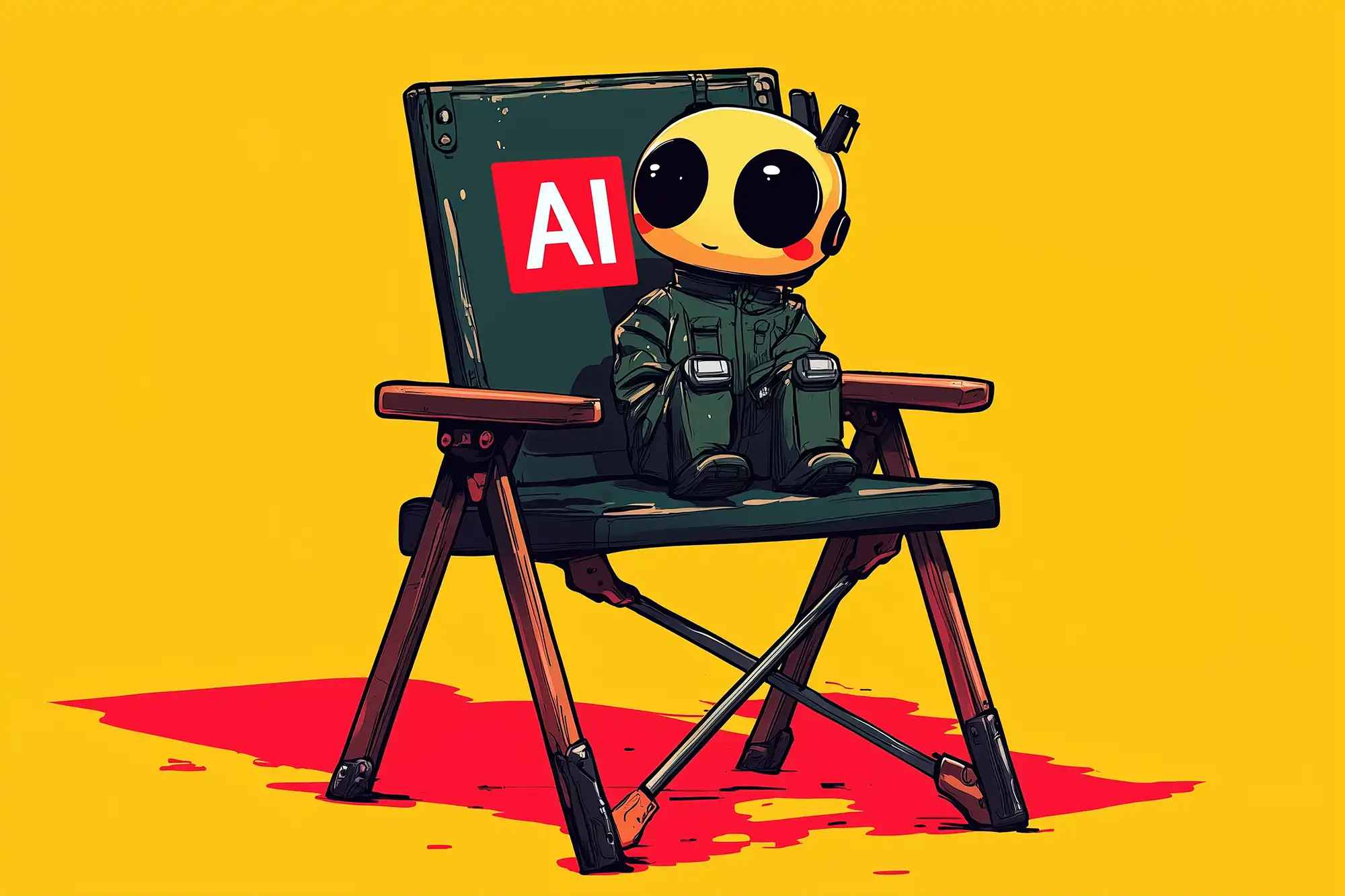
This isn’t just about cost, though. Affleck mentions, “AI should eventually take 30 percent off the cost of production.” This reduction opens the doors for more stories to be told. It’s like AI is offering opportunities to aspiring filmmakers who might not have had a chance before. With barriers lowered, the industry could see a surge in content, from indie gems to blockbuster hits.
AI also presents a solution to a lingering financial issue in the entertainment world.. Affleck envisions AI creating “new streams of revenue, potentially replacing the economic gap left by diminishing DVD sales.” Picture being able to order your own version of a beloved TV show or movie, tailored just for you. It’s like having a customized playlist, but for films. This innovation could provide a fresh income source for studios.
“AI should eventually take 30 percent off the cost of production.“
Ben Affleck
Moreover, Affleck suggests AI might foster new collaborations between Hollywood and tech giants. “I see it potentially forging partnerships between Hollywood and Silicon Valley,” he says. Such partnerships could drive the industry forward, combining storytelling with cutting-edge technology.
But what about the sheer number of films we could see? With costs slashed, studios might produce more shows: “You might be able to get two seasons of House of the Dragon in a year instead of one,” Affleck predicts. More content means more choices, and with AI’s help, movie-goers could enjoy a richer, more diverse viewing landscape.
However, Affleck is cautious about rapid advancements, particularly concerning Artificial General Intelligence (AGI). He stresses the importance of ethical considerations in AI development. “I worry about AGI,” Affleck admits, emphasizing a balanced approach. The key lies in developing AI that supports rather than competes, keeping human creativity central to filmmaking.
Lessons for all Content Creators
In drawing parallels between generative AI in filmmaking and tools like content writing assistants, we can see a shared trajectory—a kind of symbiosis with human creativity.
Just as writers have found AI assistants helpful for brainstorming or streamlining their writing process, filmmakers too can use AI as a collaborator. What Ben Affleck points out is that AI does not dethrone the artist; rather, it serves as a brush or chisel, aiding in the creation but not dictating the picture.
Generative AI’s role, as highlighted, is transformative yet deeply complementary. Human creators are the architects, designing the framework and core narrative. AI fills in the gaps, optimizes the workflow, and unburdens the creatives from laborious technical tasks. This shift allows more time for the heart and soul of storytelling: crafting compelling narratives and authentic characters.
Returning to the initial scene set between Affleck and David Faber, AI’s position as a collaborative partner in storytelling becomes clearly evident. It’s not the AI that tells the story—it’s the storyteller who harnesses AI to enrich the tale.
